

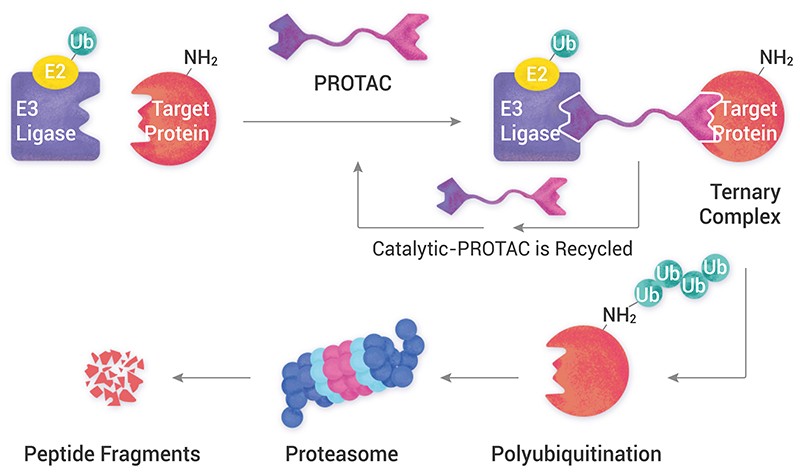
PROTACs:
Proteolysis-targeting chimeras (PROTACs) are a rapidly evolving field with promising applications in cancer, neurodegenerative diseases, and other conditions where the regulation of protein levels is crucial.
PROTACs are a novel class of small molecules designed to target specific proteins for degradation by the ubiquitin-proteasome system. This approach leverages the cell's natural machinery for protein turnover to selectively degrade unwanted or dysfunctional proteins.
Advantages:
Proteolysis-targeting chimeras (PROTACs) represent a promising and innovative approach in cancer research. They work by harnessing the cell's natural protein degradation machinery to target and eliminate specific proteins associated with cancer. This method offers several advantages over traditional therapies. The ability to shift the target from “no drug” to “drug” is the most main benefit of PROTAC technology. PROTAC degradation agent may solve about 80% of the current “undruggable” proteome. It is a timely help for patients who cannot carry out traditional targeted therapy.
- Target Specificity : PROTACs can be designed to target specific proteins involved in cancer, potentially reducing off-target effects and minimizing damage to healthy cells.
- Overcoming Resistance : By degrading the target protein rather than simply inhibiting it, PROTACs might help overcome resistance mechanisms that often limit the effectiveness of traditional drugs.
- Broad Applicability : PROTACs can target a wide range of proteins, including those previously considered "undruggable" because they lack suitable binding sites for conventional drugs.
- Sustained Action : Unlike traditional inhibitors, which can be affected by drug metabolism or cellular processes, PROTACs can continuously degrade their targets as long as they are present, potentially offering more sustained therapeutic effects.
Role in cancer research:
In the context of achieving a life without cancer, PROTACs could play a significant role in several ways:
- Personalized Medicine : Tailoring PROTACs to individual patients' cancer profiles could lead to more effective and personalized treatment regimens.
- Combination Therapies : PROTACs could be used in combination with other therapies to enhance overall effectiveness and reduce the likelihood of resistance.
- Early Detection and Prevention : Research into PROTACs might also contribute to earlier detection and prevention strategies by targeting early-stage cancerous or precancerous proteins.

Applications in Drug Discovery:
ROTACs can target cancer-related proteins for degradation, thereby inhibiting tumor growth and metastasis.
In addition, PROTAC technology can also be applied to multiple fields such as neurodegenerative diseases, immunotherapy, metabolic diseases, and infectious diseases.
basic rundown of how PROTACs work:
- Dual Binding : PROTACs are bi-functional molecules that consist of two distinct ligands connected by a linker. One ligand binds to the target protein (the protein you want to degrade), while the other binds to an E3 ubiquitin ligase (an enzyme involved in tagging proteins for degradation).
- Recruitment : The PROTAC binds simultaneously to the target protein and the E3 ligase, bringing them into close proximity.
- Ubiquitination : This proximity facilitates the transfer of ubiquitin molecules from the E3 ligase to the target protein.
- Degradation : The polyubiquitinated target protein is then recognized by the proteasome,
Degradation: The polyubiquitinated target protein is then recognized by the proteasome.
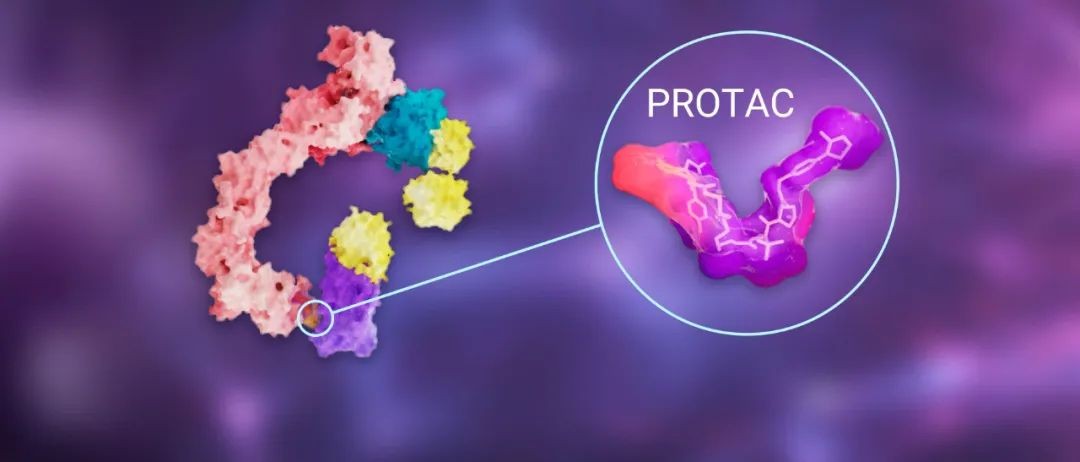
Key challenges and Limitations:
While PROTACs hold great potential, there are still challenges to overcome, including optimizing their design, ensuring their safety, and making them accessible for widespread use. Ongoing research and clinical trials are crucial for advancing this promising technology and moving closer to the goal of a cancer-free life.
In terms of clinical practice, PROTAC drugs are still in a relatively early stage, and there are challenges such as slow development of PROTACs and a slow success rate, poor membrane permeability and oral bioavailability, and insufficient evidence from human clinical studies.
- Delivery Issues : Difficulty in delivering PROTACs effectively to target cells.
- Off-Target Effects : Risks of degrading unintended proteins.
- Resistance Mechanisms : Potential development of resistance to PROTACs.
Future Directions:
- Improving Selectivity : Enhancing target specificity to reduce off-target effects.
- Novel E3 Ligases : Exploring new E3 ligase targets for better PROTAC design.
- Combination Therapies : Using PROTACs in combination with other therapeutic modalities.
It will open a new era of drug innovation with the accumulation of time and in-depth research, then most of the challenges will be solved. Once a clinical breakthrough is formed PROTAC has a wide range of targets and a huge market. It is believed that, PROTAC can become as successful as small molecule inhibitors, monoclonal antibodies, and immunotherapy, so that more patients with diseases can benefit from it.
Latest Posts

Good practices in non-clinical toxicology assessment to accelerate IND and NDA Submissions
You are about to leave Aurigene Pharmaceutical Services and affiliates website. Aurigene Pharmaceutical Services assumes no responsibility for the information presented on the external website or any further links from such sites. These links are presented to you only as a convenience, and the inclusion of any link does not imply endorsement by Aurigene Pharmaceutical Services.
If you wish to continue to this external website, click Proceed.

Leaving already?
Don't forget to join us at
CPHI Worldwide 2023.
October 24th-26th, 2023 | Barcelona, Spain
Get ready to accelerate your drug’s journey to the market

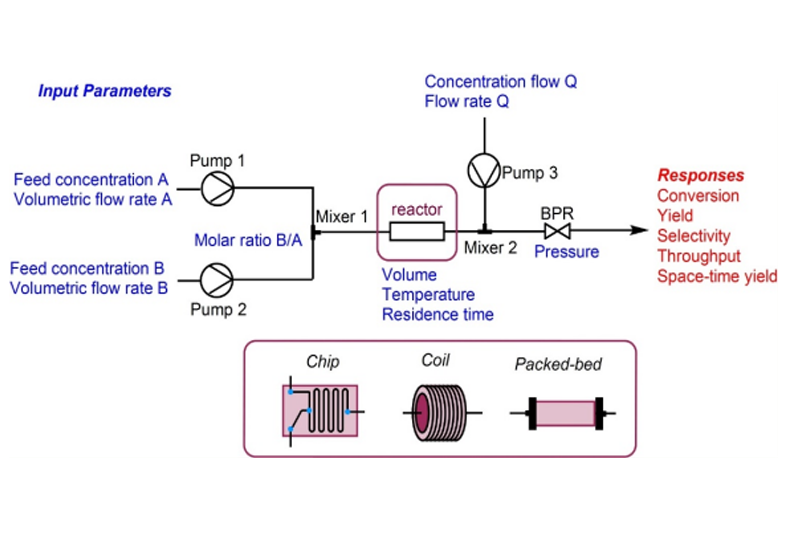
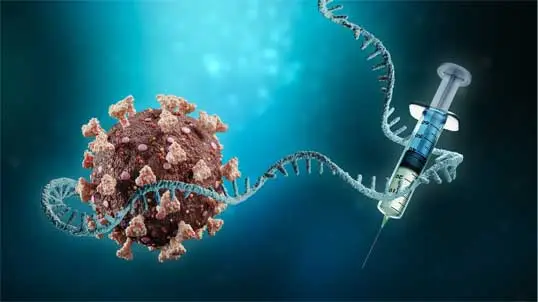


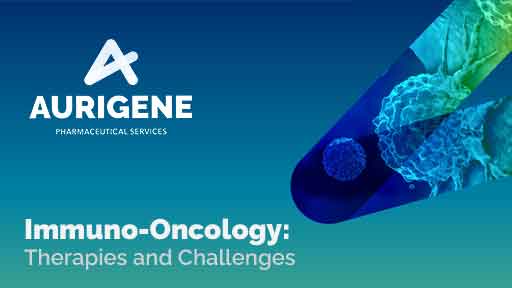
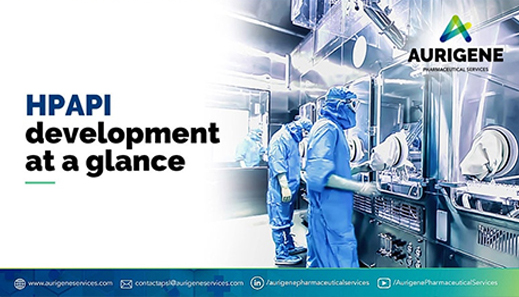
Add new comment